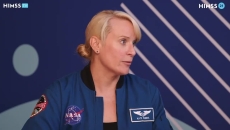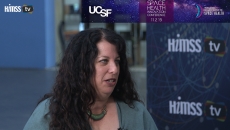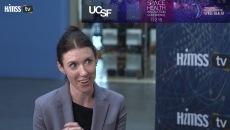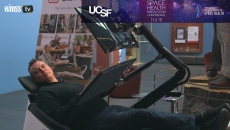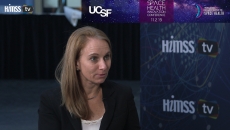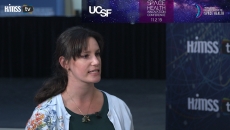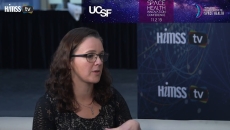NASA
NASA astronaut and microbiologist Kathleen Rubins talks about tech's role in addressing the health risks and challenges of space exploration and shares the most gratifying moment in her career.
Deep Dive: As NASA prepares to send astronauts to Mars in the not so distant future, innovators look at what space health could teach us about human health in general.
As part of the deal, NASA employees, including 150 astronauts, will get a Fitbit Charge 4 and access to the Work Daily Check-In platform.
A new case study published in the New England Journal of Medicine runs through how astronauts employed telemedicine to get the right medications to a patient in space.
The Translational Research Institute for Space Health provides grants to entrepreneurs to help accelerate product development, says Lisa Suennen, chair of the strategic advisory board of TRISH.
Author Emily Peters shares how her book "Procedure: Women Remaking Medicine" is involved in the conversations about space and creating a better healthcare system.
Altwork founder and CEO Che Voigt demonstrates how his company's workstation technology adapts to any position, helping those with spinal or muscular issues do their work.
Danielle Carroll, postdoctoral scholar and orthopaedic surgeon at UCSF, discusses the lessons space health can learn from global health.
Drew Glaser, postdoctoral fellow at the University of California, Davis, is using microfluidics technology to simulate conditions that occur in space.
Zelia Worman, support scientist at the Translational Research Institute for Space Health, says multiple industries are coming together to evaluate the risks of space travel.
